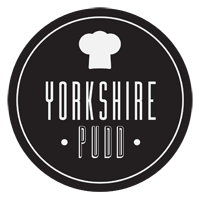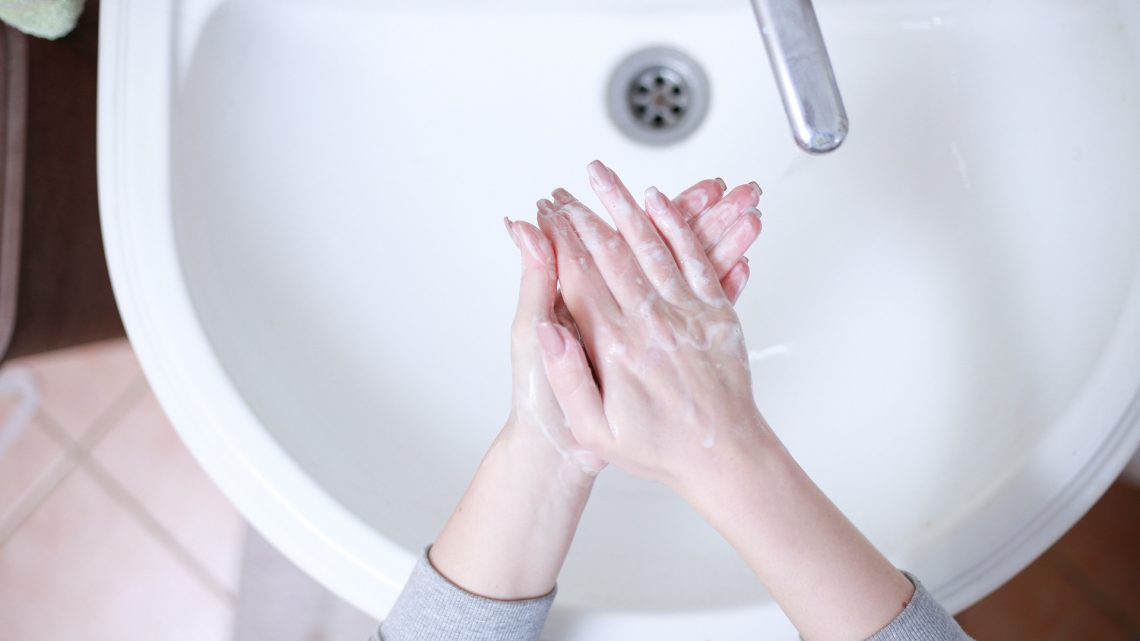Legal Compliance and Beyond Ensuring Food Safety in Your Hospitality Venue
Starting a business in hospitality can be an immensely rewarding entrepreneurial project and even the career of a lifetime. Now is, somewhat surprisingly, a good time to consider it, too; the pandemic, coupled with the cost-of-living crisis, saw a large portion of the food and drink industry suffer and some businesses even collapse, leaving room for fresh competition to filter in. But the road to profitability is still a long one for venues – particularly when there are major concerns to address first.
Opening a venue is also assuming a position of responsibility over clients and customers – especially with regard to the preparation and service of food. Food safety is of paramount importance here, with the health and even life of your patrons at stake.
Public Health and Safety
Before we touch on the obvious legal strictures around food safety and public-facing hospitality environments, there is a fundamental factor in the importance of food hygiene, and it is ethical in nature. Food hygiene is not merely a matter of meeting professional standards, or ensuring patrons have the cleanest possible experience – it is a matter of protecting patrons from the risk of food-borne diseases or sanitation-related illness.
The proper storage and preparation of meat and fish eliminates the presence of harmful bacteria like salmonella, while hygienic habits in staff prevent the transfer of toxins or unsanitary material. Failure to take care in the separation of allergens from other foodstuffs can also risk the lives of certain patrons – not something a venue’s staff want on their collective conscience.
Legal Compliance
The potential for food poisoning or allergen-based casualties is such that there are legal frameworks for businesses to follow. Hospitality-specific health and safety regulations, specifically those relating to food and drink, are overseen by the Food Standards Agency – which also issues Food Hygiene Ratings based on in-person evaluations of kitchens, food preparation and food storage processes.
There are stringent and comprehensive guides to the safe storage, labelling, cooking and disposal of foodstuffs in the kitchen, as well as for staff hygiene and illness procedures. Medical interventions are supposed to be avoided altogether through proactive prevention tactics; between gaps in emergency care and the potential risk of medical negligence in treatment, there are too many variables to rely on emergency services to save a patron.
Reputation and Consumer Trust
This brings us to the subject of reputation. Customers are far less likely to visit a restaurant if its Food Hygiene Rating is low; low-rated food businesses receive negative publicity for the risks they take with their customers, rightfully reducing footfall to said businesses. A good venue aims to build trust with its patrons and can do so by going above and beyond the already-stringent regulations in place. Allergen-friendly menus and trained staff with an eye for detail can go a long way to building trust, and in turn a positive reputation.










